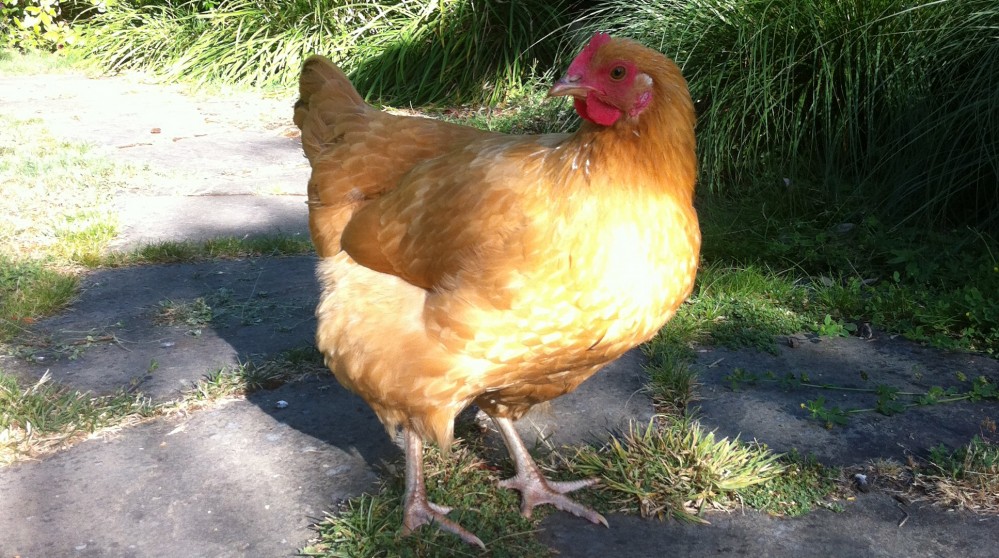Many reference the five freedoms as defined by the Farm Animal Welfare Council of the UK (2009) as evidence of the welfare problem presented by cage systems. All well managed systems in theory provide Freedom from Hunger and Thirst, Freedom from Pain, Injury or Disease and Freedom from Fear and Distress.
However Freedom from Discomfort and Freedom to Express Normal Behaviour are highly compromised in caged systems particularly those that are unfurnished.
Some free run systems, particularly those with high stocking densities such as aviaries often expose birds to higher levels of aggression and cannibalism. Such systems would not provide Freedom from Pain, nor Freedom from Fear and Distress.
Free-range systems, are highly variable depending on management but in theory are the only system with the potential to provide all freedoms.
The question of adequate welfare very quickly becomes an ethical one, rather than strictly scientific. As we have seen, scientific evidence may be used to support each of the aforementioned housing styles, whether it be the improved hygiene and group size of cages, the increased positive behavioural activities and decreased stereotypic behaviour of free run systems, or the natural behaviour, improved freedom and clear preference for free outdoor ranges.

Image source: http://www.animal-voice.org/if-you-buy-buy-free-range/
So how then, does one make a definitive decision?
Animal rights philosopher Bernard Rollin would argue that animal agriculture should provide animals with a lifestyle that caters to its interests, rather than simply its requirements for hygiene and physical health. In his theory, all animals should have the right to express their nature to the fullest possible extent and thus free range systems are ideal in this ethical framework.
Some of Rollin’s contemporaries such as Peter Singer and Tom Regan would likely agree on the ethic of promoting a natural environment and optimum freedom, however they may also raise the question of whether exploiting this species for its products is ever “ethical.”
For example Singer would weigh the costs and benefits incurred for both chickens and humans at equal value while Regan would argue that the hens, as do all animals, have inherent rights as individuals and thus utilizing them in such a way that negatively impacts their life experience is morally wrong.

Source: http://thesolution.org.nz/2012/03/20/why-colony-cages-rather-than-barn-laid-eggs/
